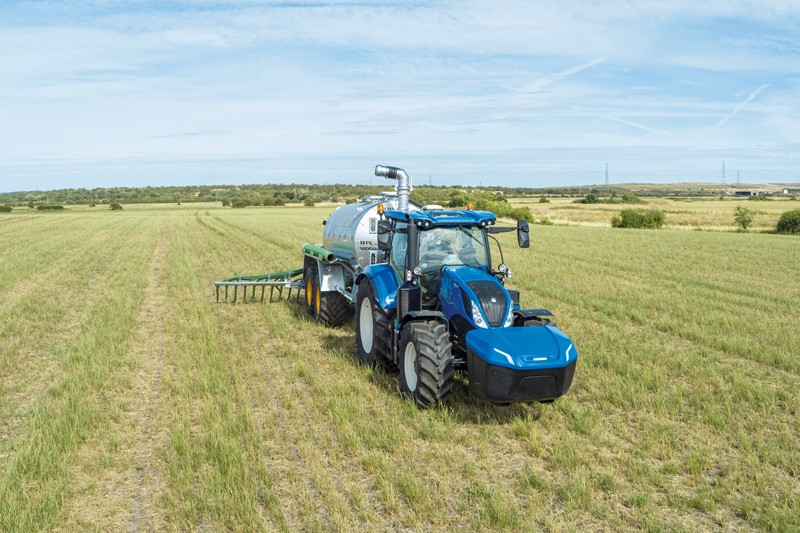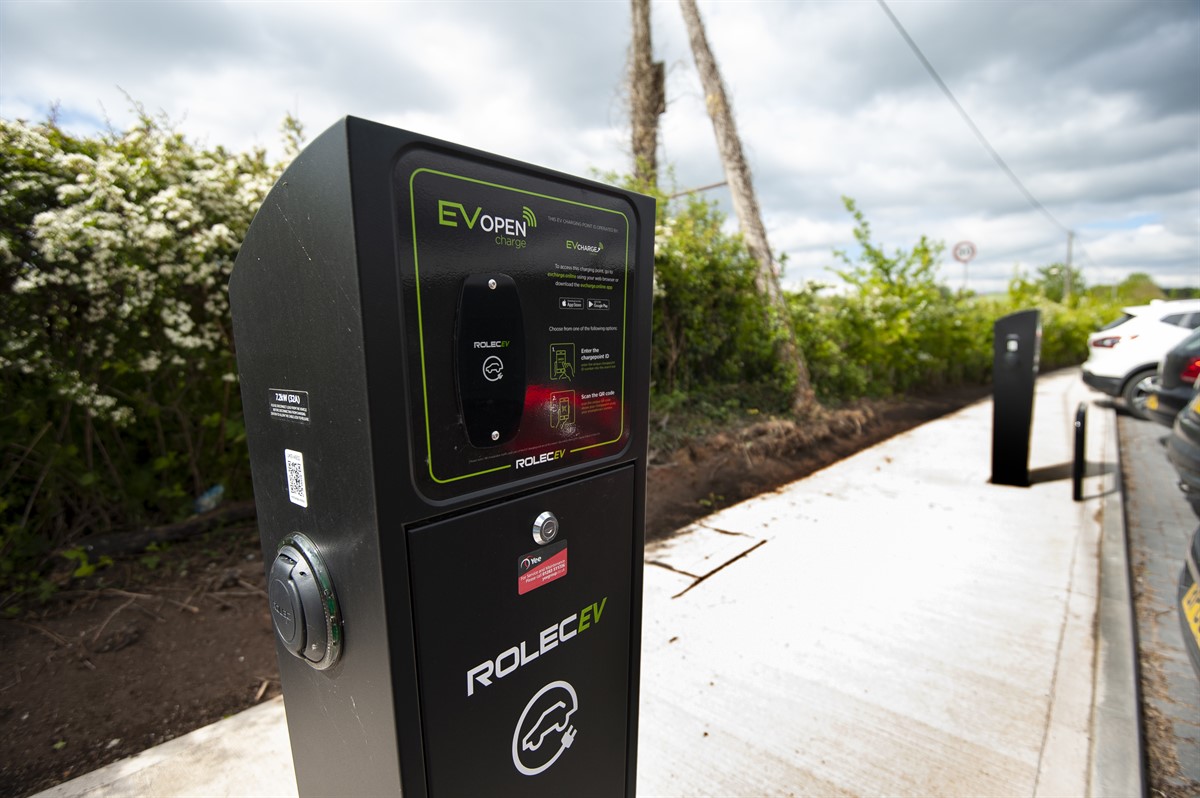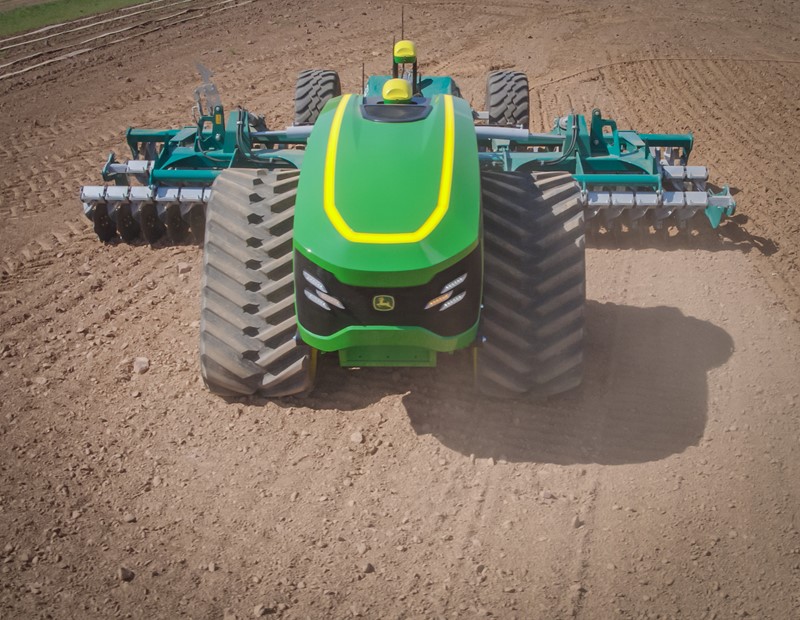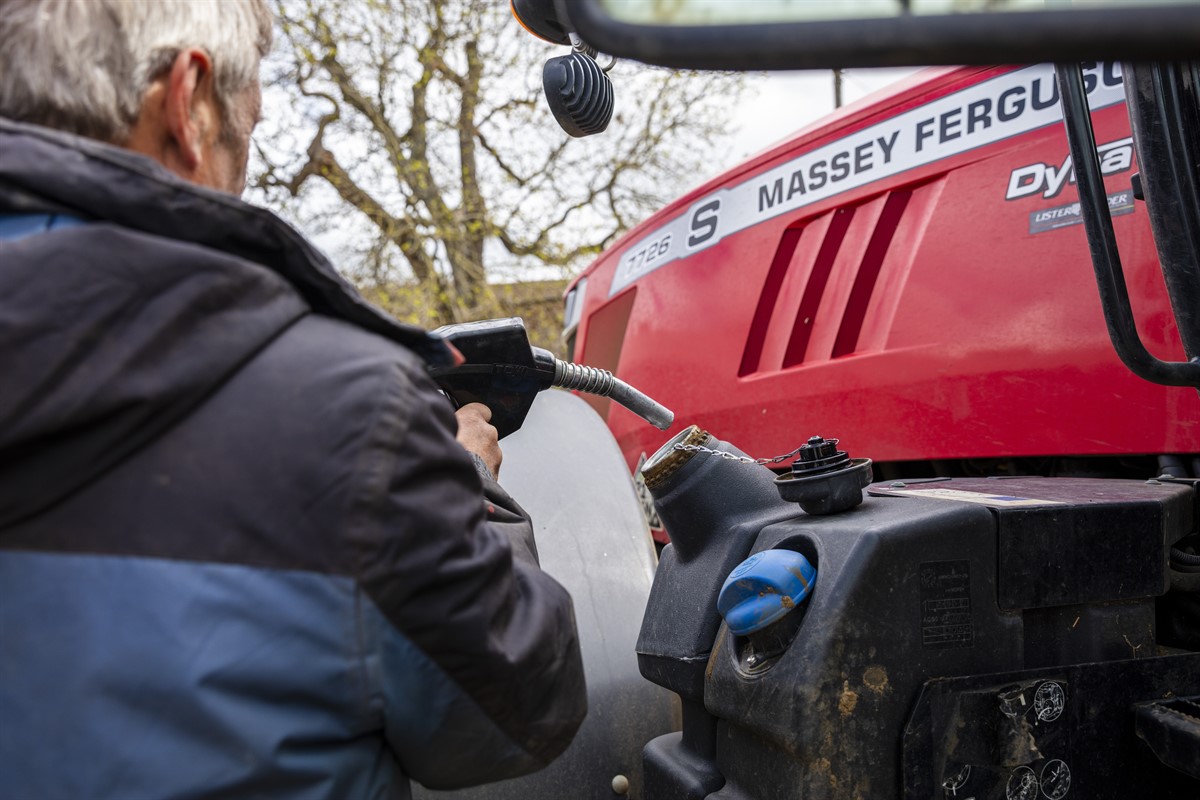Now that the furore over the possible banning of rebated (red) diesel for agricultural use has died down, many farmers and growers must be wondering what the future holds for their supplies of this vital input.
What are the issues?
The volume of red diesel required (with its seasonal ups and downs in demand and the huge reduction from the construction industry) may well prove to be unattractive to some suppliers and this could well be reflected in the price and/or availability.
Then one tosses into the discussion concerns for the environment as we move towards greener technologies in society. Beyond the ethics of wanting to do the best for future generations because we should, many large organisations now have rigorous sustainability policies.
These companies are often farmers’ customers, and they seek out and then favour green partner companies over their less sustainable competitors.
“We need government policy that supports UK farm businesses to become more profitable and incentivises them to take up early adoption of new technologies for non-road mobile machinery, whatever the low-carbon fuel choice.”
Dr Jonathan Scurlock, NFU chief adviser for renewable energy and climate change
What are the alternatives?
All this means that our industry should be looking very hard at alternative fuels. Many farms already use a variety of different fuel sources; be they wind-powered electricity generators, solar panels, anaerobic digesters.
It means innovators are leading the way and this will become even more apparent as ‘new’ fuels for machinery become more readily available.
Recently, New Holland has introduced the first methane-powered production tractor (the T6.180).

Above: The new Holland T6.180
Already in the road haulage industry the first large biomethane filling station has just opened in Avonmouth, near Bristol, to join eight smaller sites already in operation, with the company behind these planning a further 20 large sites across the UK by next year.
Coincidentally, this fuel company is starting its first trials with hydrogen this year.
Biomethane is the product from AD plants that is very often used to fuel gas engines to drive electricity generators, but is of course very suitable for internal combustion engines.
Government support
The fuels that have immediate appeal, as they can be straight replacement for diesel, are hydrotreated vegetable oil (HVO), pure plant oil (PPO) and 100% biodiesel, but some may require minor engine modifications.
Dr Jonathan Scurlock, the NFU’s chief adviser for renewable energy and climate change, said:
“The NFU has previously advocated tax incentives for high-blend biofuels based upon the estimated carbon savings, but these have not been backed by government policy.
“We need government policy that supports UK farm businesses to become more profitable and incentivises them to take up early adoption of new technologies for non-road mobile machinery, whatever the low-carbon fuel choice.”
There is a potential problem with these vegetable-based fuels in that the supply or price of oil (waste or fresh) may not be guaranteed as food retail demands change and the industry reacts.
Electric option
Then there is the question of electrically powered machinery and many people are becoming familiar with electric cars or light commercial vehicles.

Above: Electric charging points are already in use on some farms across the country
Already, there are new electric loaders working on farms – ideal for cattle shed use with their lack of noise and emissions and with easy access to a charging point.
Various manufacturers have electric tractors and other self-propelled machinery waiting in the wings and they will become more attractive as battery technology is now leaping forward to provide longer use.
Development of battery systems
To help with this is the accelerating development of battery systems that can store the electricity that has been generated by the on-farm or nearby supply systems.
Mike Woolacott of Greenwatt Technology, speaking at the Low Carbon Agriculture show in March, said:
“I believe that machines will be fuelled by a mixture of renewable electricity via batteries, hydrogen and methane, at least in the relatively short term. Tractors below 50 horsepower can be battery-powered and I see these being multi-tooled with bolt on and off systems. There will be a rise of smaller machines and robots specifically developed for precision techniques as well as to deal with land compaction issues and to fit in with controlled traffic farming.
“For larger vehicles, if we can’t replace a high-power fuel like diesel with a battery, we need something that can replace it.”

Above: Automated electric tractors could be part of the solution to the future of fuels
The issue with hydrogen
Hydrogen would seem to be a very obvious solution but there are supply and safety issues currently.
The gas could be produced on the farm with a system of electrolysis but this is expensive and not necessarily justifiable for anything other than a very large operation.
It is known in the road haulage industry that the truck manufacturers are experimenting with this for the heavier vehicles – especially tractor units where this is no space on the chassis for battery packs – and this could immediately accelerate the availability of hydrogen.
But Mr Woollacott commented: “Hydrogen fuel cell powered systems may not be ideally suited to operate well under vibration and dusty field conditions. Perhaps a hydrogen and battery hybrid will provide the solution of adequate power with zero emissions.”
Incentives for early adopters
As the availability and use of diesel gradually reduces, further opportunities are emerging for farmers to become energy generators providing clean fuel not only for their own use, but to the local community as well.
NFU Energy has schemes in place to help members earn additional income. These sorts of new ideas will appeal to the progressive ‘early adopters’ of new technology and this will serve to encourage others who are more cautious.
However, farm machinery nowadays has a long life expectancy, so not much is going to change overnight for both technical and financial reasons unless there is increasing legislative and fuel availability pressure.
While all these developments move ahead, it would seem that initially biomethane, HVO or biodiesel are the favourite diesel replacements as they can be used with existing machinery and with minimal modification to engines and their availability is steadily improving.
